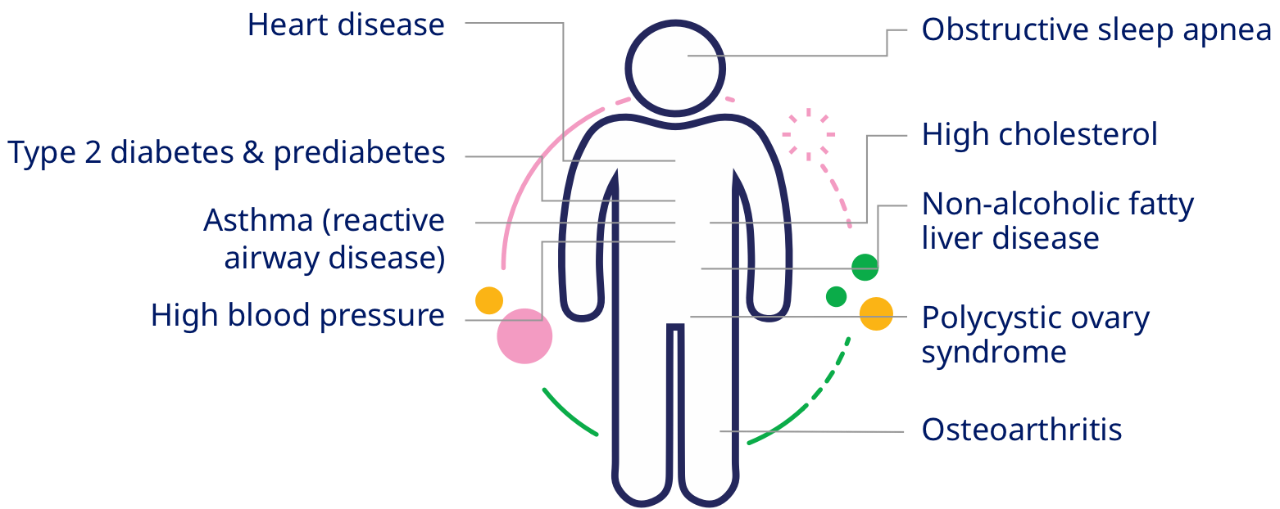See what different levels of weight loss could look like for you*
Please enter your current weight.
5%
of your current weight
00
lbs
10%
of your current weight
00
lbs
15%
of your current weight
00
lbs
Swipe for 5%, 10%, and 15% results.
*Individual results may vary. Consult your health care provider to see if weight loss is right for you.















